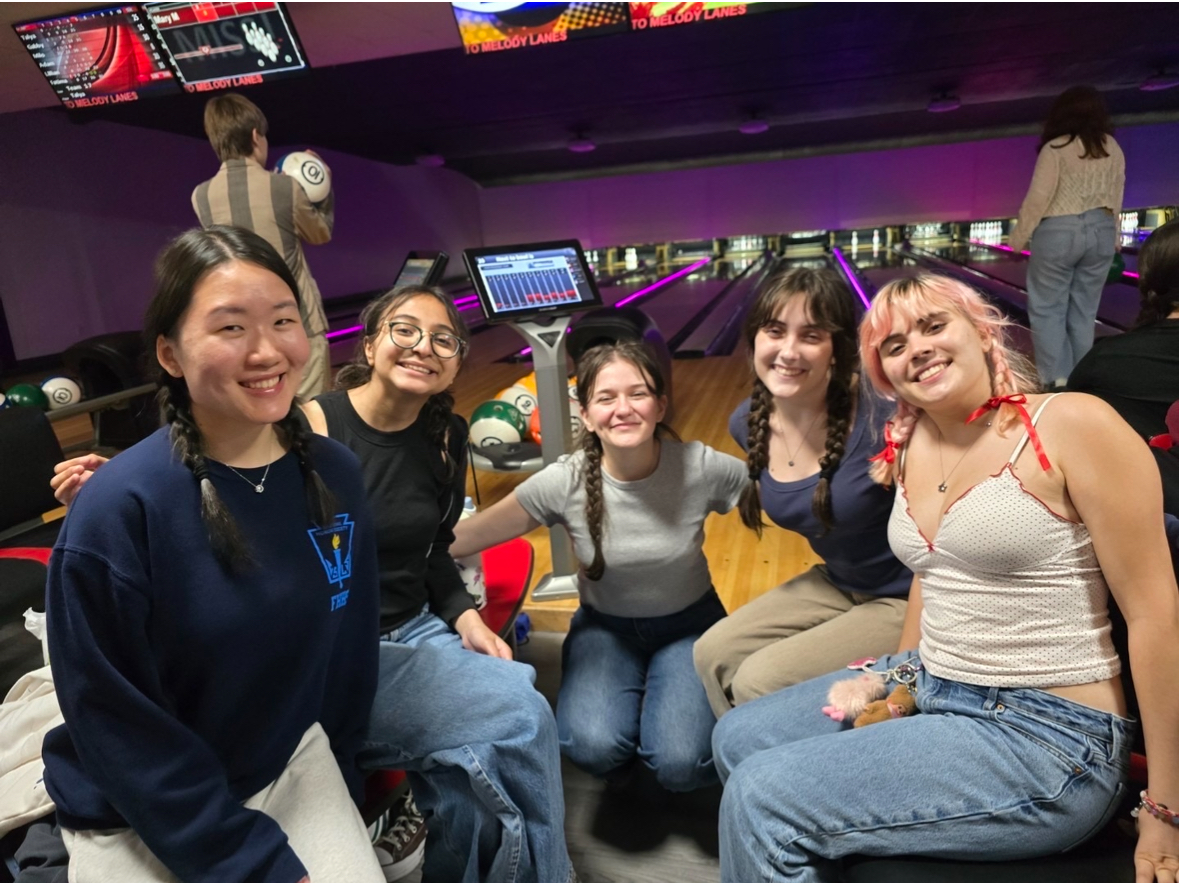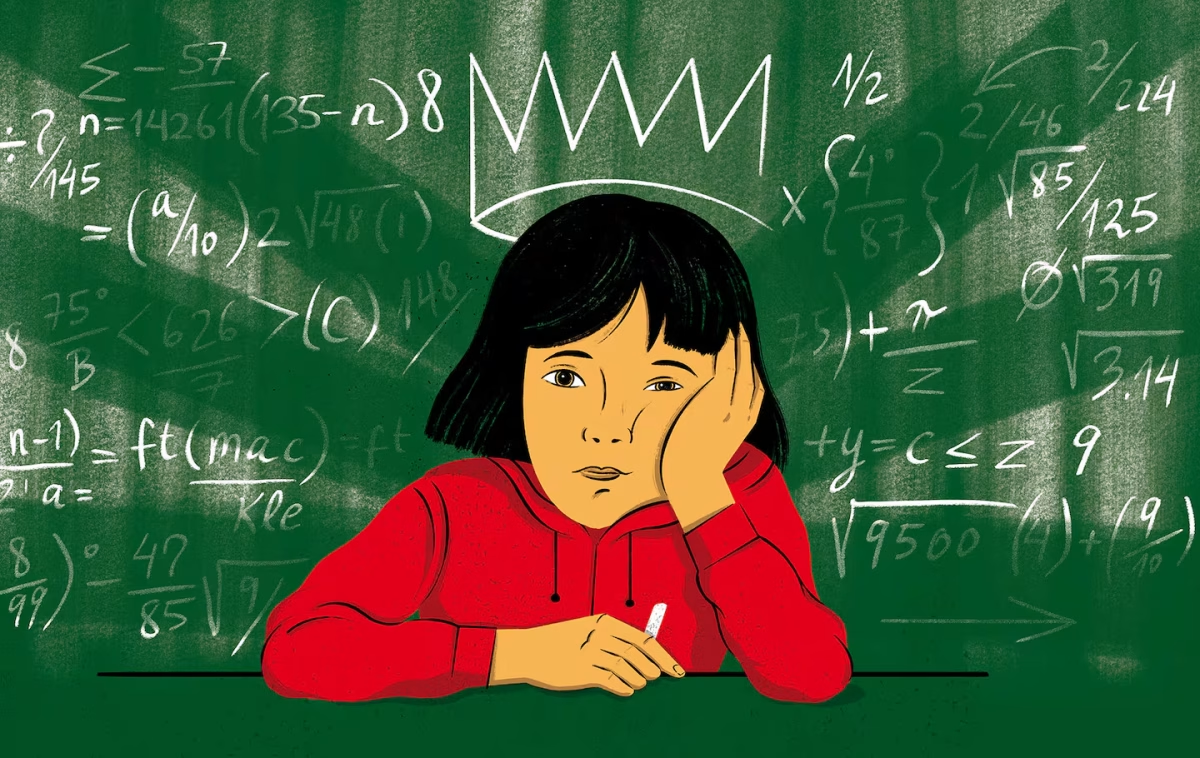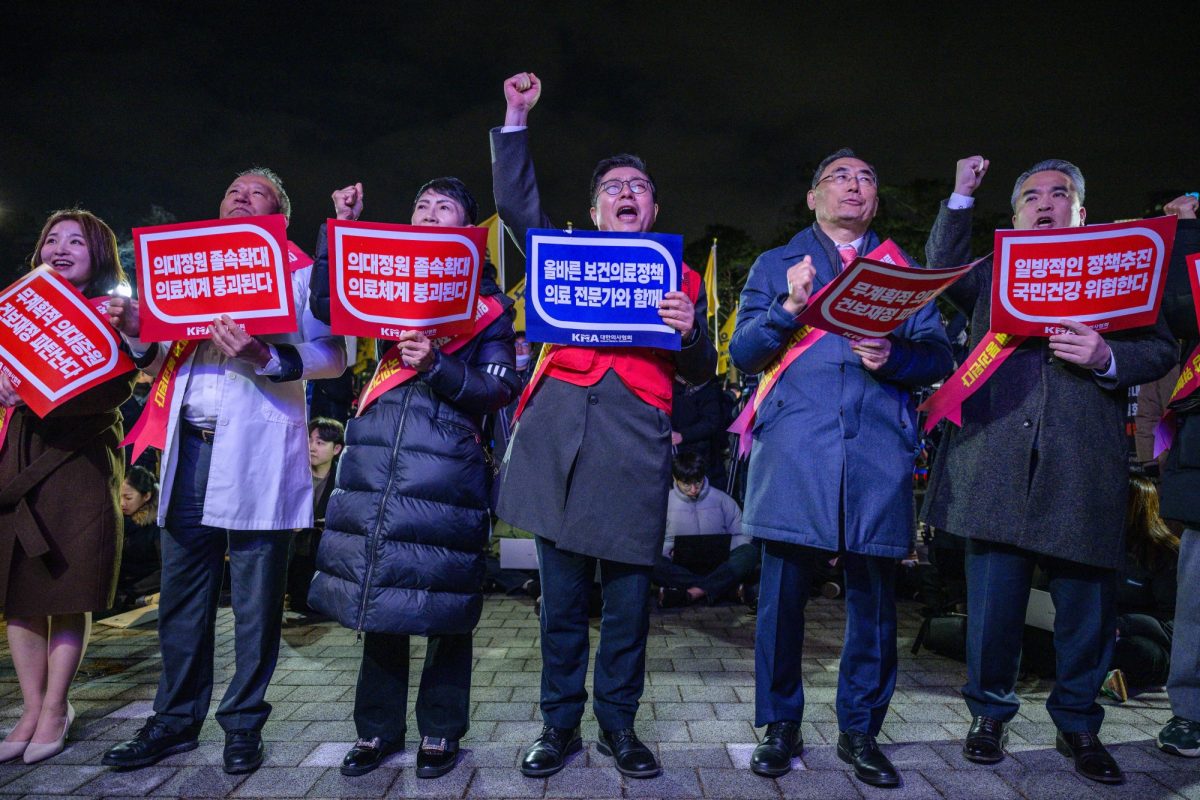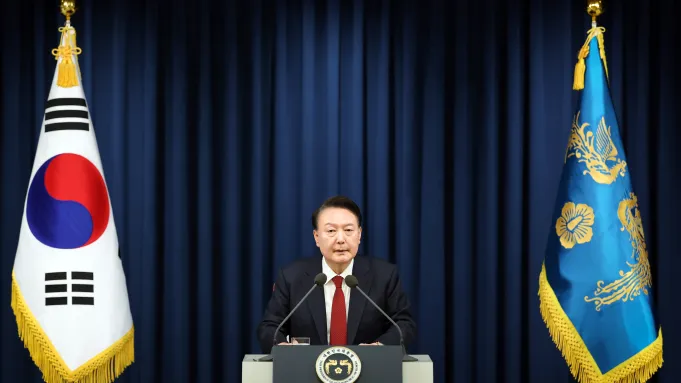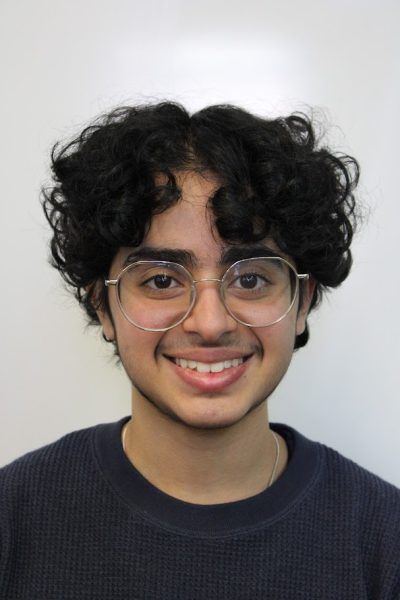“This is modern slavery,” Ryu Ok-Hada, an emergency room trainee in Daejeon, South Korea, declared in an interview with NPR. “Hospitals are saving up money to continue building branches, expanding and creating franchises. It’s exploitation.” The impetus for his complaint is a plan to create more seats in medical schools. For many students and residents like Ok-Hada, this act of government intervention could result in further strains on medical workers and strains on Korea’s medical service, already struggling because of the low number of doctors per capita of population.
Record numbers of medical interns and residents in South Korea have been on strike since early February because of current-president Yoon Suk-yeol’s initiative. This includes 90% of South Korea’s 13,000 trainee doctors, including their medical students and residents. According to The Guardian, this strike has resulted in surgery cancellations, longer wait times for patients, and delays in treatment.
This, however, isn’t the only major strike currently occurring in South Korea. On March 28, 2024, bus drivers in Seoul held a strike over low pay. This was the first strike in over twelve years, with the last strike lasting merely twenty minutes. Likewise, throughout the fall of 2023, teachers in South Korea went on an historic strike, with crowds of over 300,000 showing up throughout September to protest the mistreatment of South Korean teachers.
The lack of institutional support and issues with government action were the main reasons for the strikes; contrary to the doctor’s strike, however, the issue was government inaction. In an article for National Public Radio, Hwang Bom-yi of the Gyeonggi Teachers’ Union, said, “There is no institutionalized response system or obligation for school leadership’s involvement.” This has resulted in a surfeit of mental health issues among teachers, with 63.2% experiencing signs of depression. Despite the differences in all of these industries, there is a commonality: South Korean workers are verbalizing their issues and acting upon them.
But why now? This is something many may be wondering. Why now, despite the fact that many of these issues have been continuous? Aside from the doctor’s strike, mental health issues among teachers have been an issue for many years. Seoul bus drivers, likewise, have not seen their wages increase in twelve years ( since their last strike), so these pay issues were nothing new. In this case, it may be useful to make an analogy – if you leave embers out, they aren’t immediately going to turn into a large fire. Typically, they’ll continue to die down. If, however, you are to throw a match on them, then there is a chance of a larger fire beginning. In this case, the match is the anti-union fight of Suk-yeol, resulting in greater agitation for workers’ rights.
Reactionary South Korean president Suk-yeol, who, according to recent polls done by the Center for Strategic and International Studies, boasts a disapproval rating of more than half of the population, has been waging a campaign against unions ever since he was elected. Not only did Suk-yeol set his sights upon eliminating what he called the “construction thuggery” within the Korean Construction Workers Union, but he has also vetoed numerous laws set to protect unions. Both of these actions led to immense protest in different regards, thus influencing more strikes. Suk-yeol’s actions resulted in the self-immolation of the head of the Construction Workers Union, Yang Hoe-dong, in protest. Additionally, these actions also led the Korean Confederation of Trade Unions to go on a general strike, resulting in as many as 100,000 people participating in various demonstrations against anti-worker policies.
If it weren’t for Suk-yeol’s actions, all of this wouldn’t have occurred. And while Suk-yeol seeks to end the doctor’s strike, going as far as to call the striking students and residents a “cartel,” it is clear that he is the only one to blame for the delays in treatment and surgery. As of April 4th, President Suk-yeol has begun negotiations with the head of an emergency committee for the Korea Intern Resident Association, Park Dan, in an effort to end the strike. It’s clear, though, that even if this strike ends, another will emerge. Because of Suk-yeol’s own actions, 2024 is turning out to be a prolific year for strikes.

